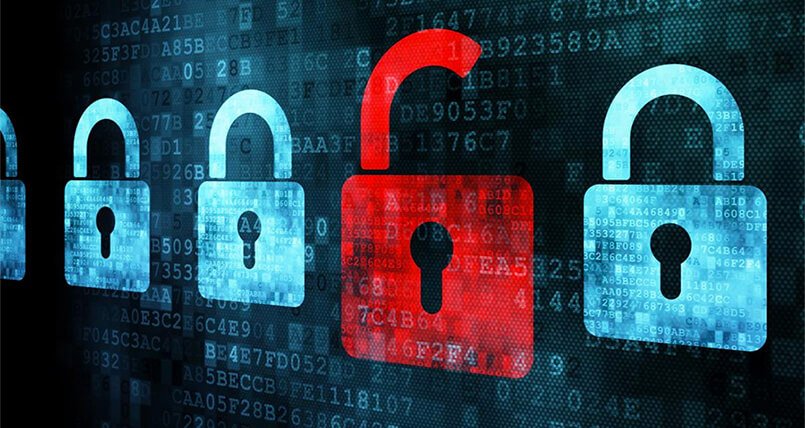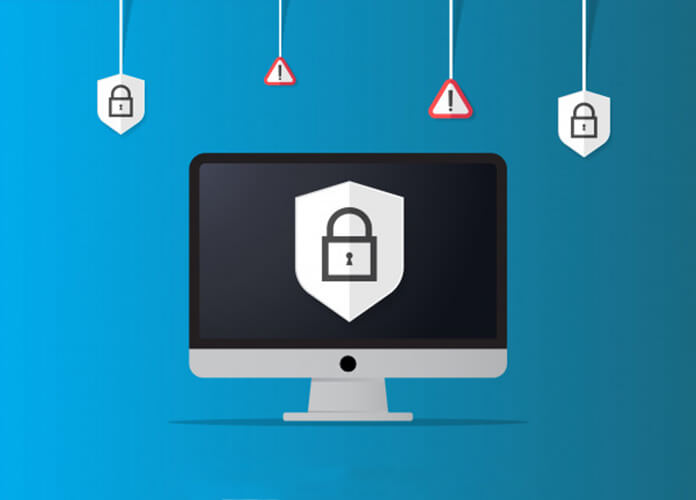Like technology, crimes have also evolved with time. From busting a bank and taking out its money with lethal intimidation to stealing data of millions of employees from a multi-national corporation, criminals have evolved their needs and ways to mitigate those needs. Cyber crimes are of many different types as well, ranging from online bullying to online sexual exploitation.
Such variations of criminal activities can even tempt people to stop using the internet entirely. But, you cannot be in the 21st century and be unaware of the internet. A better way is to recognize those crimes. Unfortunately, you cannot prevent cybercrimes. They are inevitable, however, you can always protect yourself against them by taking precautions.
What is Cybercrime?
Cybercrime is any form of crime that is perpetrated by people with the malicious intent of harming or jeopardizing the safety and health of the victim. They can target individuals, companies or even governments and can be about hacking into your bank account to selling illegal drugs to identity theft.
There were numerous cases of the dreaded terror-group ISIS, recruiting militants by social media and releasing gruesome videos on YouTube. Other than these, there are many more examples of the threat cybercrimes pose to our way of life and how serious it is.
Usually, cybercrimes are grouped into two main categories:
• Targeting devices and networks. They usually entail viruses or Denial-of-Services attacks (DOS).
• Using computer networks to promote other crimes. They could be in the form of fraud, identity theft, cyberstalking, or phishing.
How to Protect Yourself Against Cyberattacks?

Protecting yourself against attacks will depend a lot on what kind of attacks are thrown at you. Here are 8 of the most common precautions one deploys to protect themselves from attacks:
#1. Full-Service Internet Security
Norton Security is perhaps the most widespread example of that. The features of Norton are immense. Some of the most common benefits are:
• Keep your Inbox free of spams and other unwanted messages.
• Alerts you when you are about to hop onto an unsafe website.
• Detects the signs of a file that could be dangerous and proactively tries to defend your system.
• Shields against viruses and other foreign attacks.
• Allows your children to browse the internet safely.
BitDefender Total Security Multi-device 2019 and Kaspersky Total Security 2019 are among other popular choices.
#2. Keep Your Softwares Updated
Cybercriminals can often use the flaws and weak areas in your system to gain access to it. This is mainly valid for internet security softwares and operating systems. Patching those weak points can help and for that, it is imperative to keep your softwares updated at all times.
#3. Password Strength
Sometimes it could be a harmless prank when you wake up to see your Facebook wall has many strange posts. Which is why Facebook will often tell you to put in a longer password when you create your profile for the first time or change the password. Also, if you have the same password on different sites, hacking your profile becomes easier because now the hacker has only one key for all your profiles. Also, using a combination of alphabets, numeric values and symbols also help to make your password a strong one.
You can also take the help of a password manager, which will take the help of creating a complicated password, that you need to protect your online accounts. Here you only need to remember the key to the password manager. That one password is the key to all the other passwords. Also, each time you log onto your password manager, an OTP (One-Time Password) is sent to your phone. To complete the login, you must enter the OTP in your laptop.
#4. Strengthen Your Own Home Network Security

To start with an encrypted password as well as a virtual private network, would be a great idea. A VPN Encrypts all your traffic till it reaches the location you intend for. If a group of hackers or cybercriminals manage to hack your communication line, all they will get is the data in encrypted form. It also recommended using a VPN if you are using a public network like a hotel or an airport.
#5. Manage Your Social Media
Keep your personal and private information secret. Cybercriminals can get your information with a few data points, so the more caution you use while sharing things, the better and safer it would be for you.
#6. Security Questions
Yahoo, Facebook along with a few others ask you two mandatory security questions. It could be about your the name of your first pet, about the first teacher’s name or your mother’s maiden name. It is best not to give accurate answers to these questions. Cybercriminals or hackers can easily enter your accounts and emails with these two security questions.
#7. Identity Theft
It is usually a result of someone using your information with malevolent intentions and involves deception or fraud, mainly for financial gain. It could be that you might have been tricked to give out personal information over the phone (such as a back official asking your OTP or something similar). This is why it is important to guard your data. Usually, be cautious as to the information you are supposed to share. A person calling from a bank will surely not ask your ATM pin number or the onetime password. Also, use a VPN when accessing public WiFi.
#8. Keep an Eye on Your Kids
Today, kids have become highly familiar with the internet. Also, their school assignment needs them to browse the web. However, children can be warned against potential threats on the internet, such as identity theft, cyberbully, and more. Identity thieves can target kids because being young, their social security numbers have a clean slate which can be easily exploited. You can help your child safe from identity theft by carefully sharing their information with others.
Conclusion
 Fighting cybercrimes is an obligation these days due to the immensity of victims they create. For most people, it means following a few simple steps like the above and be vigilant against any unsolicited phone calls or emails.
Fighting cybercrimes is an obligation these days due to the immensity of victims they create. For most people, it means following a few simple steps like the above and be vigilant against any unsolicited phone calls or emails.
To learn more about protecting yourself from Cyber attacks, you can try ‘Cyber Security For Normal People: Protect Yourself Online’ online tutorial. This course will teach you the reasons why you need to keep yourself secure along with teaching about setting up a passcode lock, locating a lost phone, and how to encrypt your smartphone.
I hope you found this tutorial helpful and the tips that are given in this article will be beneficial to your safety and those around you.

